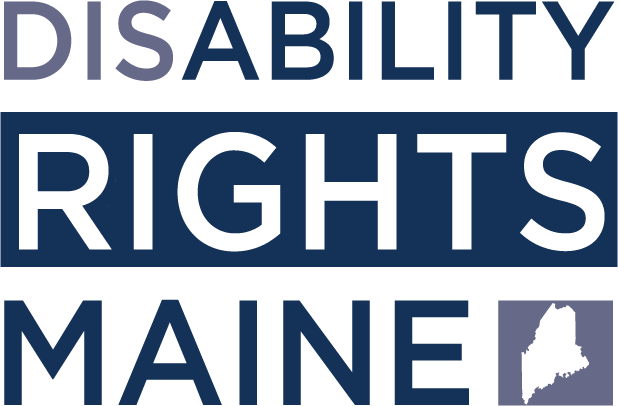In 2020, many meetings and conferences shifted from in-person to remote communication. For many of us, that meant using captions for equal access to these events. But what is captioning and what options are available?
Captioning makes communication more accessible for individuals who are hard of hearing and deaf. Using either speech-to-text software or a live captioner, spoken word is translated into English text. Captions may, at different times, also be called ‘speech-to-text’, closed captions or subtitles. Let’s explore some different captioning resources available.
CART (Communication Access Realtime Translation) is a paid captioning service available for events and meetings. A live captioner listens and types word-for-word what is being said. CART services are the most accurate and reliable option. Individuals can view the captions on a large display screen or electronic device. When planning to attend an event, individuals can contact the organizers to request CART. Read more about CART and companies that provide CART services in Maine: https://www.maine.gov/rehab/dod/resource_guide/captioning.shtml
Remote CART can be used for virtual meetings; provided by a trained operator at a remote location. A voice connection such as a telephone, cellphone, or computer microphone is used to send the voice to the operator, and the real-time text is transmitted back over a modem, Internet, or other data connection.
Captions in Zoom meetings Zoom recently introduced computer-generated live transcripts (currently for paid Zoom accounts only). It requires the paid account user to enable captions in the ACCOUNT SETTINGS ahead of scheduled meeting time. Participants can click SHOW TRANSCRIPT or HIDE TRANSCRIPT. Users can view embedded captions or to the side of the Zoom meeting screen.
Captions on Microsoft Teams is another computer-generated option. This resource requires no set-up ahead of time. The participant can start captions by clicking on the three dots (…) at the top right-hand side of the Teams Video screen. Additionally, Teams captioning displays the name of the individual who is speaking.
Live Transcribe and Live Caption on smartphones In a pinch, phone users can use a free app such as Live Transcribe (for Android) and Roger voice (for iPhone), which provide computer-generated captions. Apps can be used in-person or virtually. This works best for smaller groups and when all speaking participants use headsets, rather than computer speakers.
Relay Conference Captioning (RCC) is a free service available for Maine residents who are deaf or hard of hearing to actively participate in multi-party teleconference calls or web conferences by reading live captions through a web browser on a computer or mobile device. There are options to print, email or save transcripts. Individuals can schedule an RCC event by going to: mainercc.com. Check out how RCC works: https://www.sprintrelay.com/services/stc. Scroll down and click on the window titled DEMO.
Disability Rights Maine offers free virtual presentations and training about RCC and other Maine Relay Services. For more information, contact Debra Bare-Rogers, TRS Advocate at drogers@drme.org.
